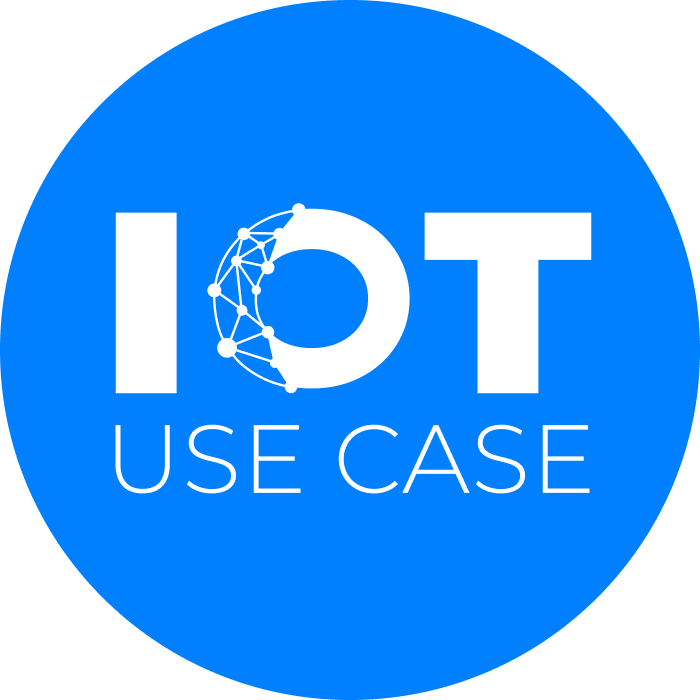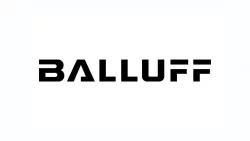Manual, paper-based processes in intralogistics are inefficient, inaccurate and not scalable. RUCH NOVAPLAST, a manufacturer of particle foam product solutions, now uses RFID systems to track transport trolleys at every stage of production. This provides greater transparency in the manufacturing process.
The challenge: Manual, paper-based processes in intralogistics
RUCH NOVAPLAST from Oberkirch is an innovative company for product solutions made of particle foams. The portfolio is dominated by technical applications made of expansible polymers for the automotive, heating and ventilation industries.
At RUCH NOVAPLAST, many different products are manufactured as part of a multi-stage production process. For this purpose, various types of machines are available in production for foaming a wide variety of parts. The parts produced on the machines are first systematically placed on standardized transport carts and transported on these to the downstream buffer areas and production stages. After all the production stages relevant to the respective part (also referred to as operations) have been run through, the parts are unloaded again from the transport cart and packaged according to customer specifications.
Transitions from one operation to the next, or from one operation to the buffer areas, were not recorded until recently, or were recorded only by paper-based manual procedures. This resulted in manual posting efforts as well as inaccuracies in data entry and, downstream, certain limitations in data evaluation.
To increase efficiency and data accuracy in the future, the company decided to automate these processes to a large extent. In the future, the data automatically collected in this process will form the basis for dynamic displays within the respective production stage and serve as a database for optimizing intralogistics processes and improving resource utilization.
The solution: RFID transponders confirm every work step
The company turned to Balluff GmbH in Neuhausen auf den Fildern near Stuttgart for the development of a fitting solution suitable for medium-sized businesses. Together with the employees of RUCH NOVAPLAST, the specialist for automation and sensor technology has developed a modular and easily expandable solution based on RFID, which can be supplemented with additional sensor technology at any time.
RFID (Radio-Frequency Identification) technology is an efficient and cost-effective way of automatically detecting transport trolleys. An RFID transponder is attached to each trolley, which has a unique identifier (ID). All production stations receive permanently mounted RFID read/write devices with which the trolleys are booked in and out.
As soon as one of the transport trolleys reaches the station, the RFID evaluation unit reports the ID information of the trolley to a middleware that operates on an industrial PC and serves as an interface between OT (Operation Technology) and IT (Information Technology). It operates the RFID devices and, if required, signaling systems and additional sensors. Data is exchanged via hardware-specific protocols, while data is sent to the MES via standard interfaces such as a REST API.
The employee sees on a display at his station that the ID is registered and he can continue with his work. The middleware time stamps the captured data and sends it to the MES. There, the RFID data is combined with the corresponding machine and production data. This means that all relevant data for production can be found in one central location.
The result: Empty runs and backlogs are avoided
Since the individual work steps are now automatically booked, employees can now see at a glance the location, condition and order assignment of the internal transport trolleys. This means that the trolleys are at the workstations at exactly the right time. Empty runs and backlogs are now a thing of the past.
Since each workstation is networked, the employees can also see all process steps on a display, or can see which transport trolleys are in the respective work step. The logical and modular system structure also allows RUCH NOVAPLAST to change and expand the processes at any time.
But networked machines have other advantages: they generate a valuable database for determining important key performance indicators (KPIs) that allow further analysis, for example on topics such as production flow and speed. As a large amount of data is generated in real time, transparency in production increases and companies save costs in the long term through greater efficiency.







